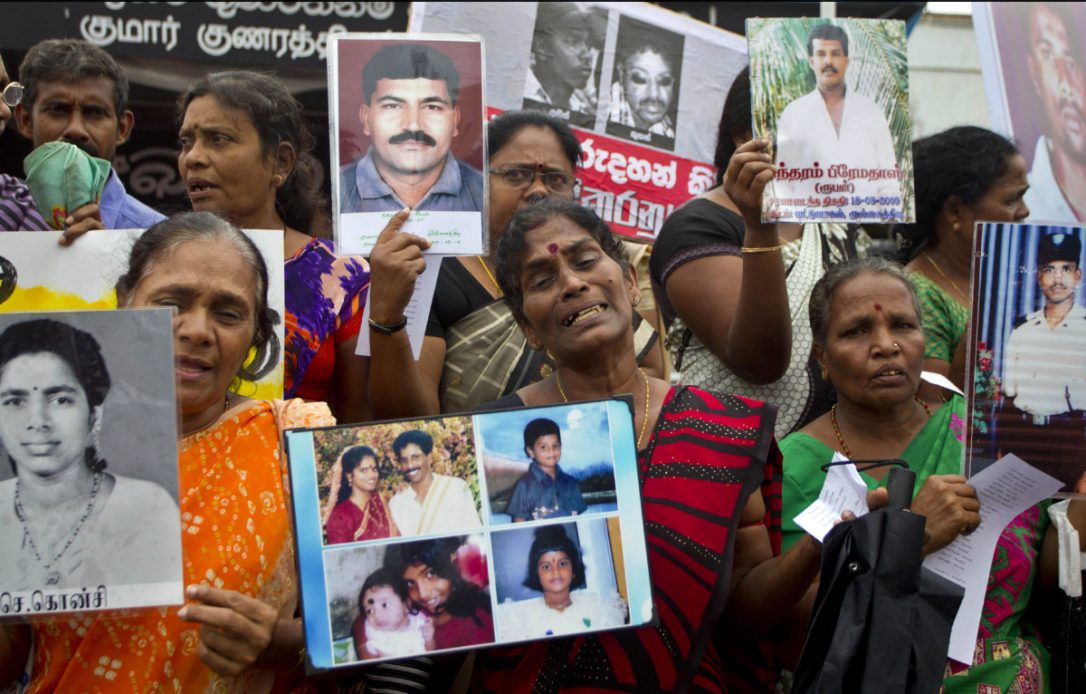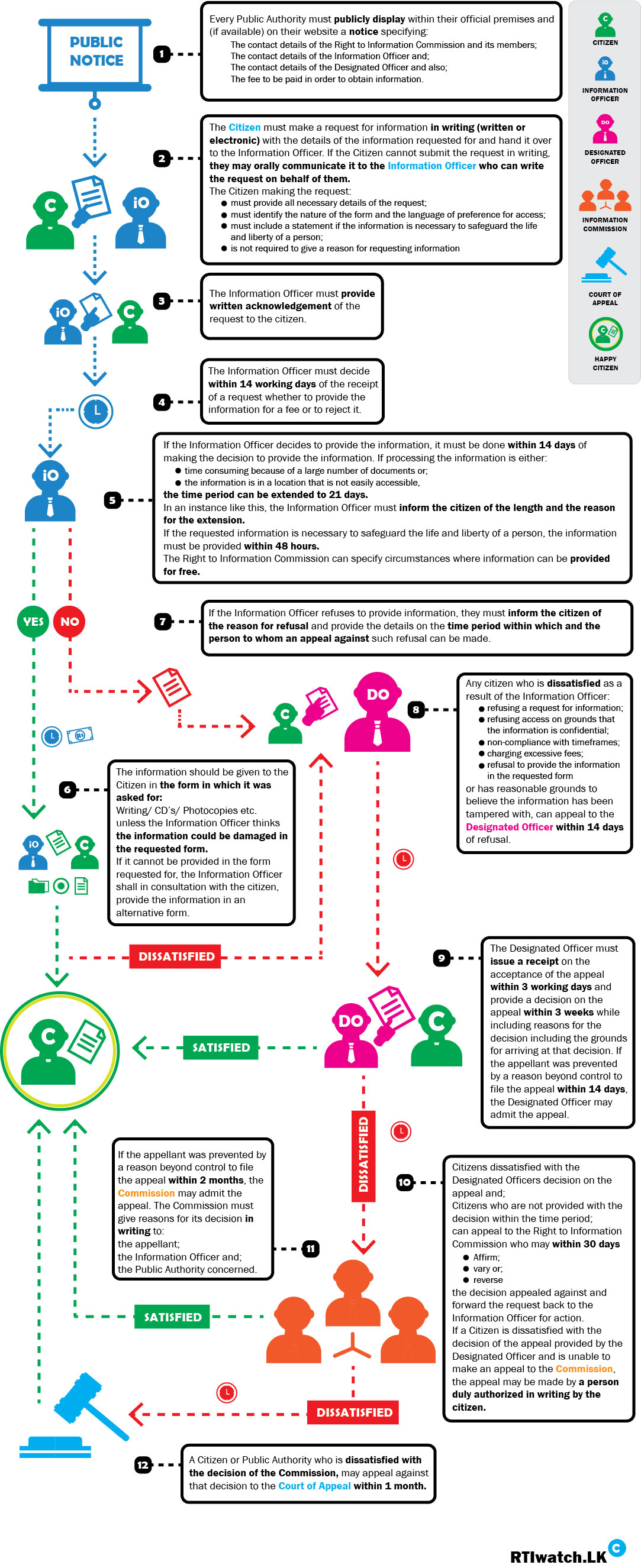Image: If they suspect of whereabouts of missing children parents can now request relevant information.
Sri Lanka’s Right to Information (RTI) Act came into effect from 3 February 2017. Right to Information has been a decades long struggle spearheaded by press freedom organisations in the country.
Public Authorities have a lot of information that is held in trust for the citizens of the country. People have a fundamental right to access this information. The Right to Information Act of Sri Lank No. 12 of 2016, passed on 4th August 2016. It’s is a simple process of lodging a request at the relevant Public Authority. According to the act any one should get the information within a maximum of 28 days (if the information is a lot, or has to be obtained from a different location, it can take upto 21 days more).
people can ask for any other public information like asserts declarations by the members of the parliament.
Mahinda Gammanpila (chair) , Kishali Pinto-Jayawardena, S. G Punchihewa, Judge A. W. A. Salam and Dr. Selvy Thiruchandran are the members of the RTI Commission. They were appointed by the constitutional council.
According to the gazette notification, citixens of Sri Lanka can request information related to the following public authorities.
(a) a Ministry of the Government;
(b) any body or office created or established by or under the Constitution, any written law, other than the Companies Act, No. 7 of 2007, except to the extent specified in paragraph (e), or a statute of a Provincial Council;
(c) a Government Department;
(d) a public corporation;
(e) a company incorporated under the Companies Act, No. 7 of 2007, in which the State, or a public corporation or the State and a public corporation together hold twenty five per centum or more of the shares or otherwise has a controlling interest;
(f) a local authority;
(g) a private entity or organisation which is carrying out a statutory or public function or service, under a contract, a partnership, an agreement or a license from the government or its agencies or from a local body, but only to the extent of activities covered by that statutory or public function or service;
(h) any department or other authority or institution established or created by a Provincial Council;
(i) non-governmental organisations that are substantially funded by the government or any department or other authority established or created by a Provincial Council or by a foreign government or international organisation, rendering a service to the public in so far as the information sought relates to the service that is rendered to the public;
(j) higher educational institutions including private universities and professional institutions which are established, recognised or licensed under any written law or funded, wholly or partly, by the State or a public corporation or any statutory body established or created by a statute of a Provincial Council;
(k) private educational institutions including institutions offering vocational or technical education which are established, recognised or licensed under any written law or funded, wholly or partly, by the State or a public corporation or any statutory body established or created by a statute of a Provincial Council;
(l) all courts, tribunals and institutions created and established for the administration of justice;

